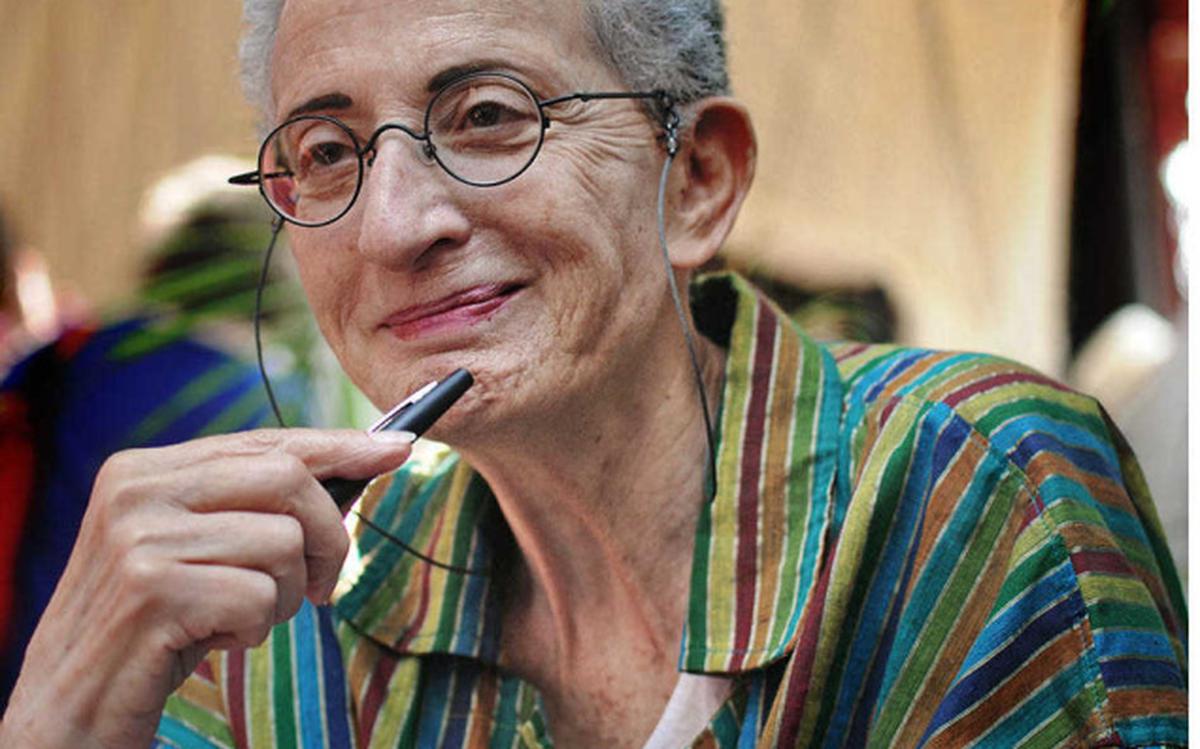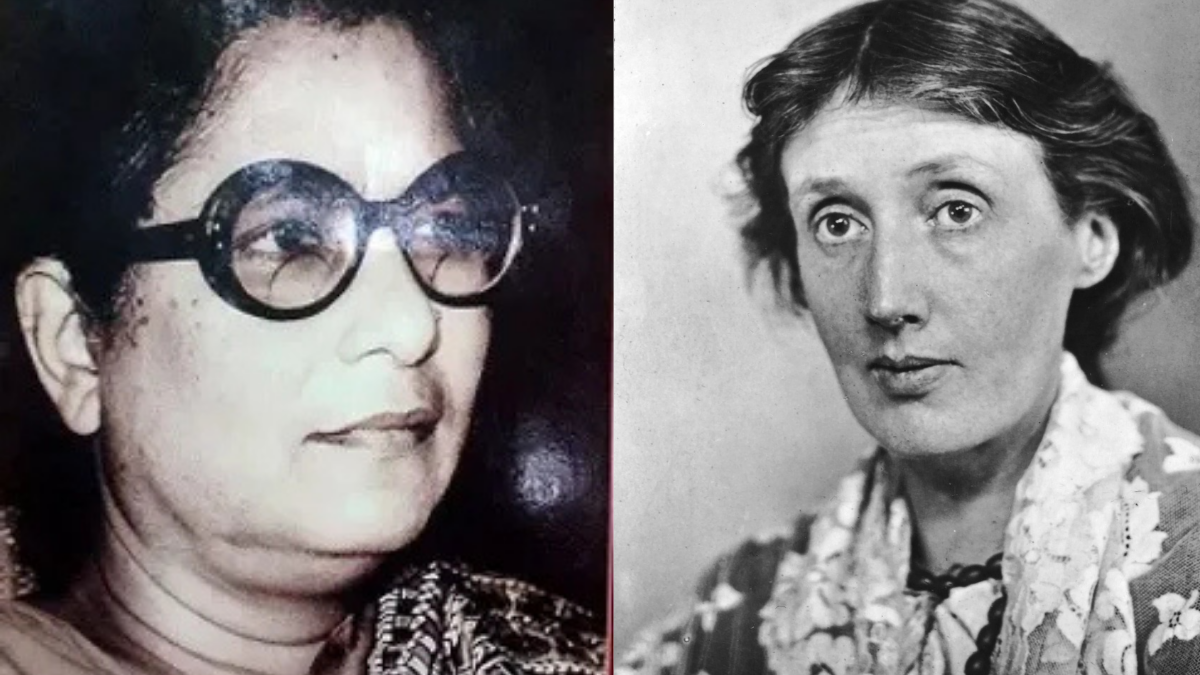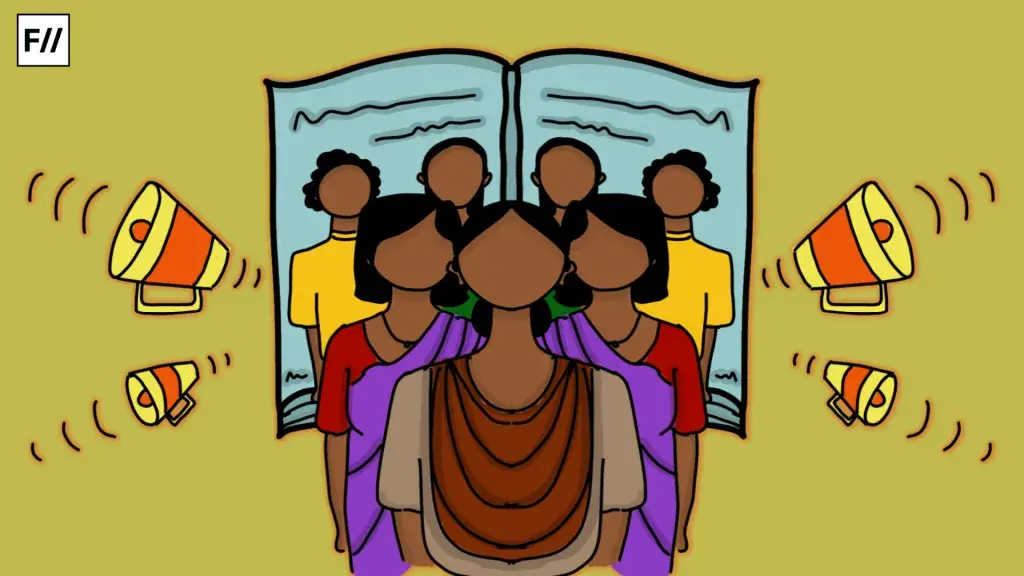In the year 1975, an essay called Le Rire de la Méduse was published by French feminist writer Hélène Cixous which has been since credited as a major work in feminist literary theory. It was almost immediately translated in 1976 by Paula Cohen and Keith Cohen and was titled The Laugh of the Medusa. The essay became seminal because of Cixous’ mention of the term l’ecriture feminine, which means ‘feminine writing’.
In the 1970s, France saw a new wave of feminist movements because of the apparent exclusion of women from political institutions. The United States even called this the ‘new french feminisms’. During this time, a lot of feminists were convinced that language is a major reason why emerging female discourses get lost in the puddle of the existing male discourses.
Hélène Cixous, a feminist literary critic, and writer rose to notoriety during this time because of her essay. She used this rising consciousness within females to find their own voice and encouraged them to channel it by writing in an entirely new form which she called the Ecriture Feminine.
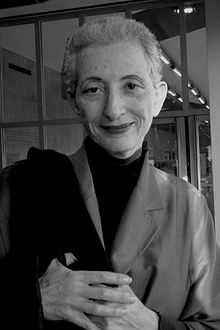
The Ecriture Feminine
Hélène Cixous, in her essay “The Laugh of the Medusa”, addresses the dominant patriarchal control in the language system that we use daily. Her work traces back to the works of psychoanalysts Sigmund Freud and Jacques Lacan whose theories conclude that the structure of language is one controlled by the phallus. Cixous’ challenge is to this patriarchal structure of language that operates through a single voice of ‘phallic’ thinking.
As Freud theorised, women are characterised by a ‘lack’ because of the absence of a penis. Hélène Cixous used this psychoanalytic concept to say that the ‘lack’ has subjected women to a position of ‘otherness’. She also elided the term ‘juifemme’, meaning Jewoman, to articulate the complex experience of her ‘otherness’ as a Jew in society.
Her concept also focuses on gaining a female voice, a loss of which has made women learn to speak in a ‘borrowed language’. Hélène Cixous says that in the exercise of the ecriture feminine, women shall write in ‘with mother’s milk’ that finds origin during the development stage of a mother-child relationship just before the child is introduced to ‘male-centric verbal language’. This relationship between a mother and child in the pre-linguistic stage manifests itself in writings that abolish repressions and subvert existing logic
Through the introduction of the term ‘l’ecriture feminine’, Hélène Cixous found an expression of this otherness and a break from the phallocentric language. She was a part of, what some critics called ‘essentialist’ feminism during the French feminist movement. She theorised the importance of the female experience and promoted its expression in forms superior to those that then existed.
The basic concept of ecriture feminine is the articulation of female sexuality in writing and speaking, which can eventually bring a shift in the language system. It is a type of writing that does not remain chained within western phallogocentric rationalism and has a certain sense of ‘fluidity’. Cixous believed, it was only women, who could bring about this fluidity in language. Taking influence from Jacques Derrida’s theories, she noted that women are decentered, therefore, freer to create.
Also read: Gynocriticism: A Female Framework For The Analysis Of Women’s Literature
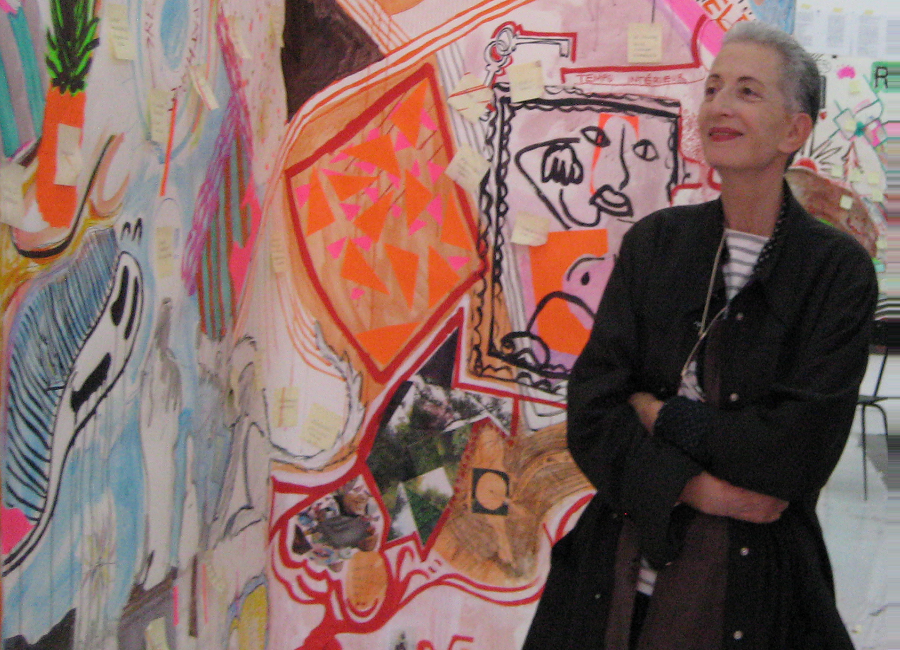
Cixous writes, “Though masculine sexuality gravitates around the penis,[…] woman does not bring about the same regionalisation which serves the couple head/genitals and which is inscribed only within boundaries. Her libido is cosmic”. The word ‘cosmic’ refers to a superiority in female sexuality that goes beyond the representations of ‘phallic single-mindedness’. She believes that women should start contemplating their relationship with their bodies and sexuality, because of its repression by both men as well as themselves. Women should be the start to a new kind of discourse.
The ecriture feminine is to express this ‘cosmic’ libido in women through ‘an ecstatic torrent of words’. The expression comes with a type of writing that has incomprehensible meanings and images, eccentric disruptions with punctuations, gaps, silences, and wordplays.
Her concept also focuses on gaining a female voice, a loss of which has made women learn to speak in a ‘borrowed language’. Hélène Cixous says that in the exercise of the ecriture feminine, women shall write in ‘with mother’s milk’ that finds origin during the development stage of a mother-child relationship just before the child is introduced to ‘male-centric verbal language’. This relationship between a mother and child in the pre-linguistic stage manifests itself in writings that abolish repressions and subvert existing logic.
Apart from milk, Cixous also uses several other metaphors like honey, orgasm, and the ocean to describe the ecriture feminine. It deconstructs and shockingly disrupts the established stability of phallogocentric symbolic order and brings in scopes for a more flexible play area in writing.
The Ecriture Feminine in other literary works
The discussion on ecriture feminine states that women’s writing is not only independent of the monolithic phallus but is a result of their own multiple sexual experiences. French literary critic Julia Kristeva theorised the concept of ‘chora’, which is a signifying process centered on the mother.
Hélène Cixous’ line of thinking eventually moved toward history and autobiography. Hence, her work on the ecriture feminine remained a starringly impactful, yet undefinable concept for most of us. Several critics in the literary world have written on this interesting concept and even traced them in the works of famous authors and poets
She calls this the ‘semiotic’ which remains repressed because of the language controlled by the father. She calls this dominating systemised language centered on the father the ‘symbolic’. The semiotic can break out at any moment to cause a revolutionary shake in the foundation of this authoritarian language system. This is exactly what happens with the concept of ecriture feminine. This language, being semiotic, disrupts symbols and the language system that forms the symbolic.
Emily Dickinson, the famous American poet of the 19th century, applies the concept of ecriture feminine, knowingly or unknowingly, through her peculiar technique of writing. Her poetry is filled with unusual breaks and pauses, with punctuation marks used chaotically. The images evoked in her poems are also mostly bizarre and unusual. Similar to Dickens, there are many other works of avant-garde and modernist writers in which Kristeva has located creative experimentation of the ecriture feminine.
Also read: What Is Misogynoir?: Unpacking The Intersectional Layers Of Racism And Misogyny
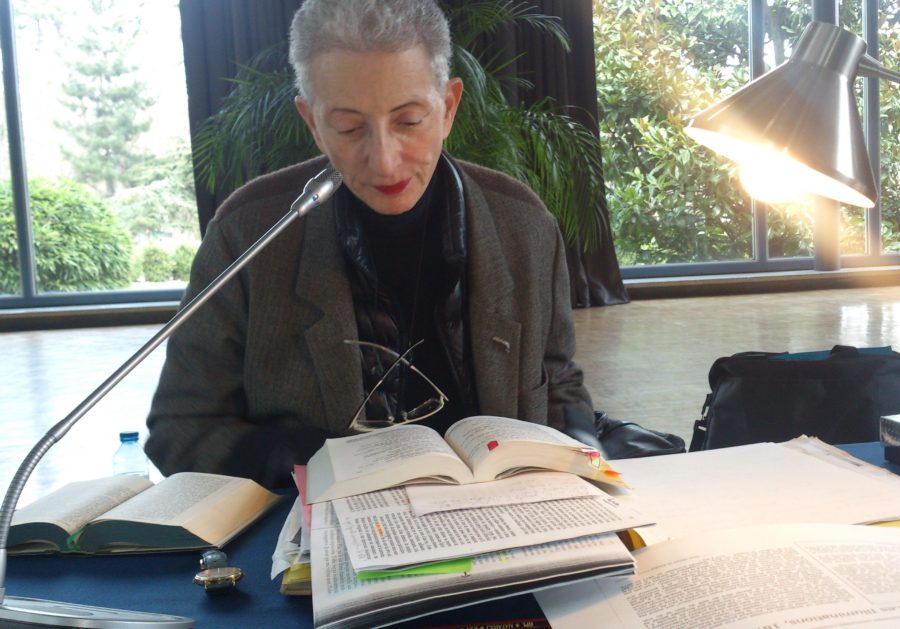
Hélène Cixous’ line of thinking eventually moved toward history and autobiography. Hence, her work on the ecriture feminine remained a starringly impactful, yet undefinable concept for most of us. Several critics in the literary world have written on this interesting concept and even traced them in the works of famous authors and poets.
If anything, the literary theory can be rightly called a foreshadowing in the multiplicity of gender and studies on gender identities of the present day. L’ecriture feminine thus remains an endless literary theory, taking shape and form in new ways, with newer female concepts and writings every day.
Featured Image Source: The Hindu
About the author(s)
Mrittika is a student of English. She is usually found expressing her love for art through words and music. At other times she is most likely traveling around the town trying new delicacies and imagining her life as a Greta Gerwig movie
